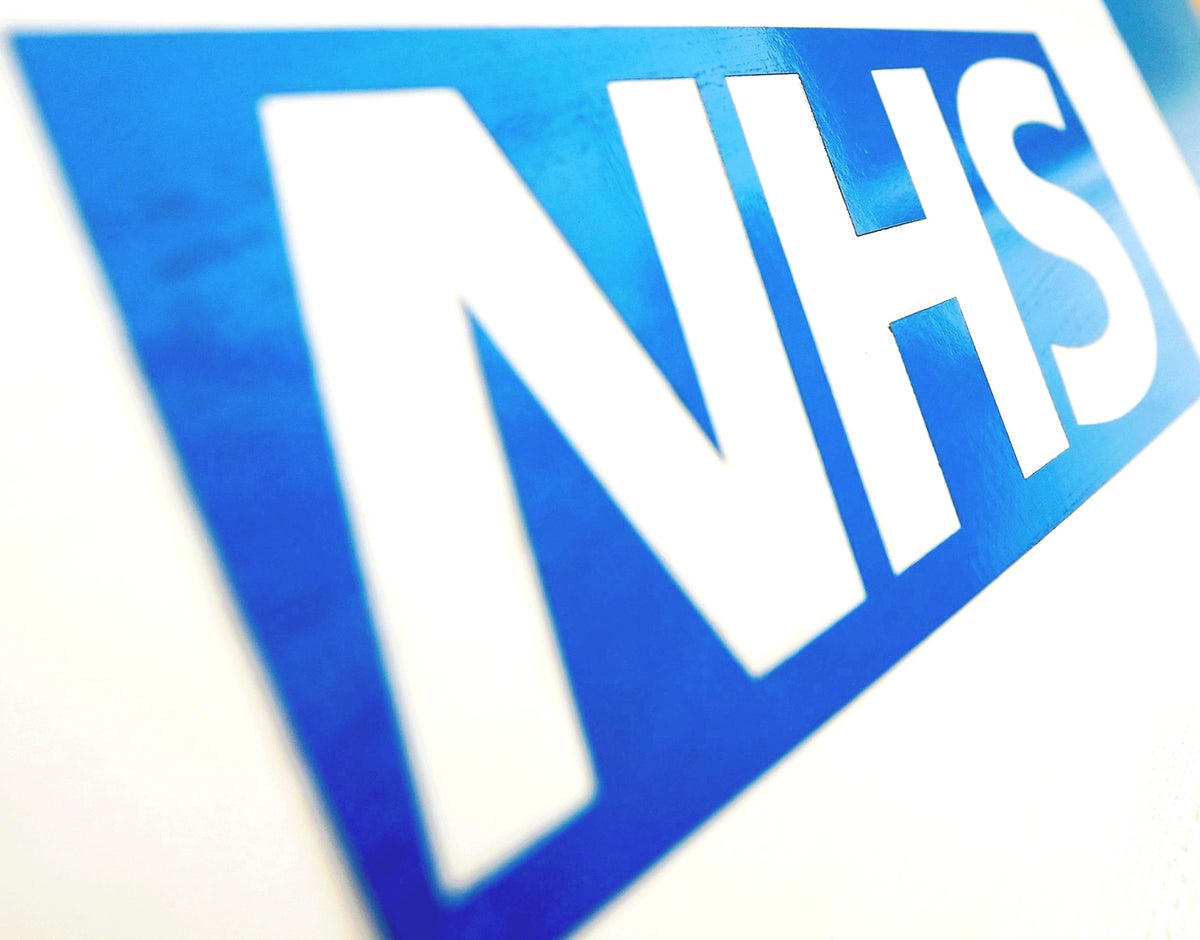
Calls to NHS 111 surged by two-thirds in the wake of panic over the rise in Strep A infections last week, NHS data shows.
More than 700,000 calls were made between 5 and 11 December, up from 440,047 the week before. The only time the service received more calls was during the onset of the Covid pandemic.
The new data also revealed the number of beds taken up by flu patients increased by two-thirds compared to the week before.
Patients admitted with the most severe flu illness also increased by 50 per cent last week, while norovirus resulted in the closure of 457 beds to halt the spread – up from 375 the previous week.
Meanwhile, the number of people in hospital with Covid in England has also increased by 22 per cent in a week.
The news comes on the day the NHS faces the biggest nursing strike it has ever seen with around 100,000 of nurses taking industrial action.
In December, The Independent revealed the level of strain across NHS 111 service staff as it struggled to manage demand.
Meanwhile, ambulance handover delays in England have hit a new high, with one in six patients last week waiting more than an hour to be passed on to A&E teams.
Just over one in three had to wait at least 30 minutes. The numbers are higher than at any point in recent winters.
A total of 25,182 handover delays of half an hour or longer were recorded across all hospital trusts last week, according to NHS England.
This was 34 per cent of all arrivals by ambulance, up from 31 per cent the previous week.
The figure stood at 23 per cent in the equivalent week in December 2021, and 15 per cent in December 2020.
Next week ambulance staff across the country, represented by GMB, Unite and Unison, will go on strike.
Figures also published on Thursday showed an average of 13,245 hospital beds per day last week in England were occupied by people ready to be discharged – 26 per cent higher than the equivalent week in December 2021.
There were 6,720 people in hospital with the virus on 14 December, up from 5,501 on 7 December, according to data released by NHS England.
NHS Covid doctor Dr Daniel Goyal said the rise in hospitalisations is “very concerning” and warned that rising cases are exacerbating the “worst healthcare crisis that any of us have ever experienced”.
Calls received by NHS 111 were the highest recorded, save for two weeks in March 2020 at the start of the Covid-19 pandemic, and is likely to reflect growing public concern about the spread of strep A infections.
Professor Sir Stephen Powis, NHS national medical director, said: “This huge increase in calls to NHS 111 is understandable with concerns about winter viruses – including strep A – a top priority for the public, but it is more important than ever that the public uses 111 online where possible to get important information about non-emergency health conditions and to be signposted to the best possible care.
“With industrial action planned today and next week, NHS teams are working hard to minimise disruption and while people may see their local services impacted, they must continue to call 999 in a life-threatening emergency during strikes, as well as attending pre-booked appointments as planned unless they have been contacted for it be rearranged.”







